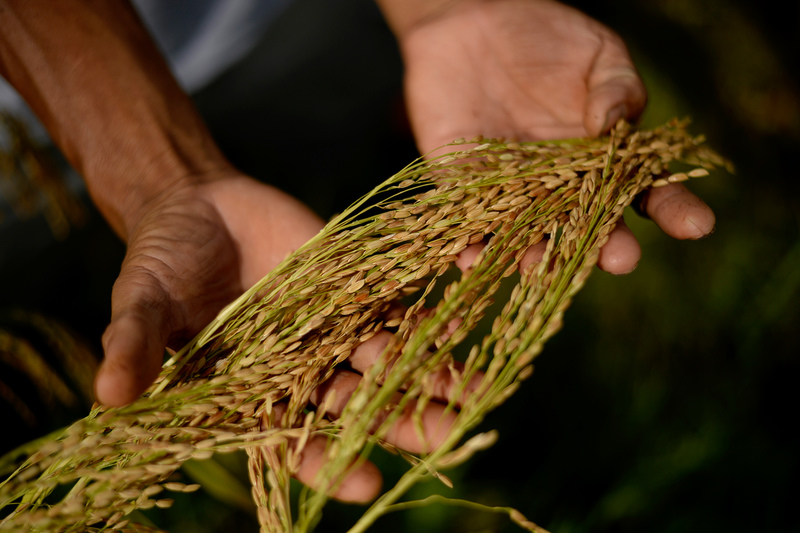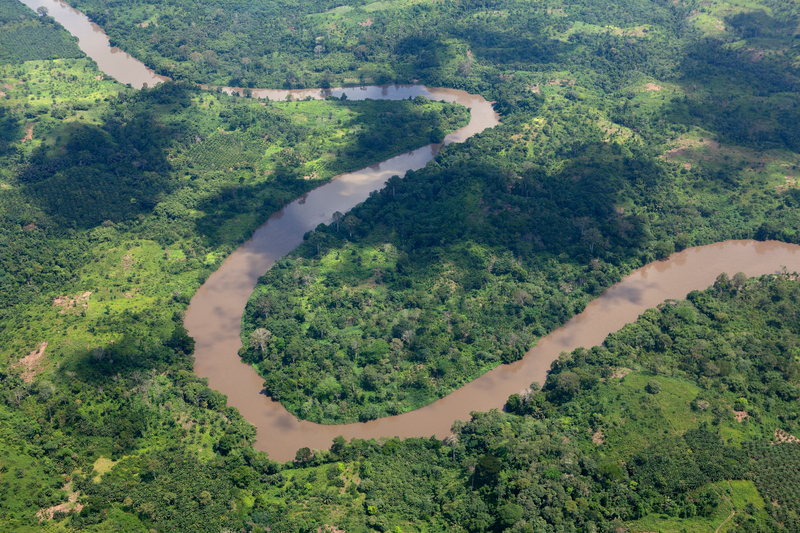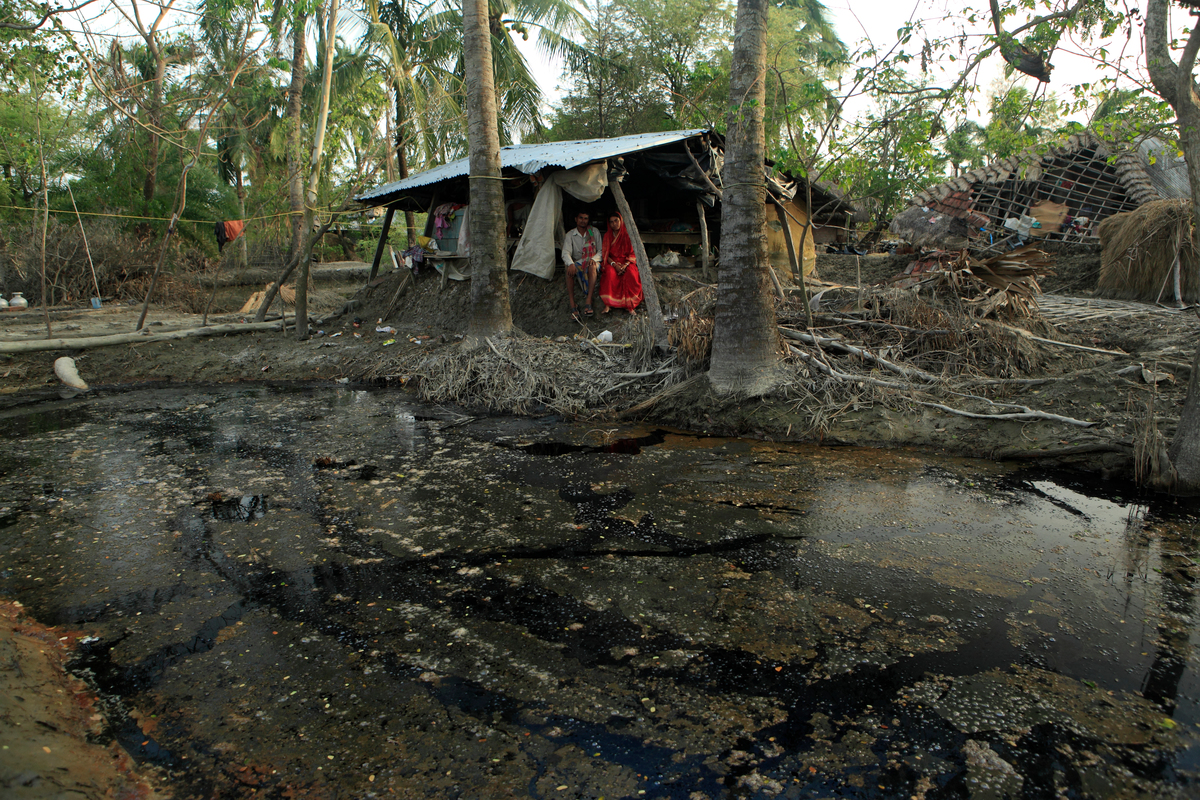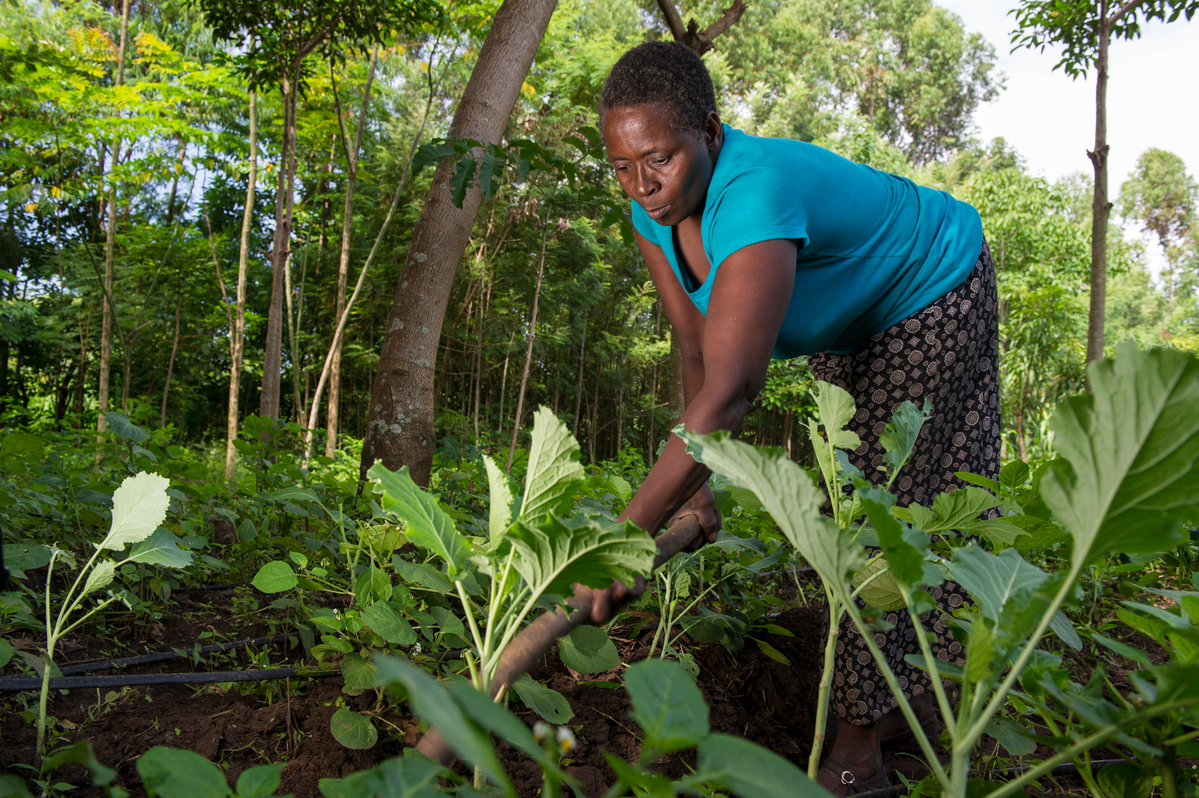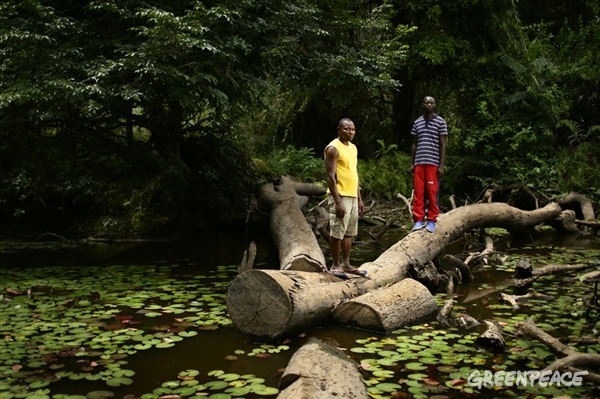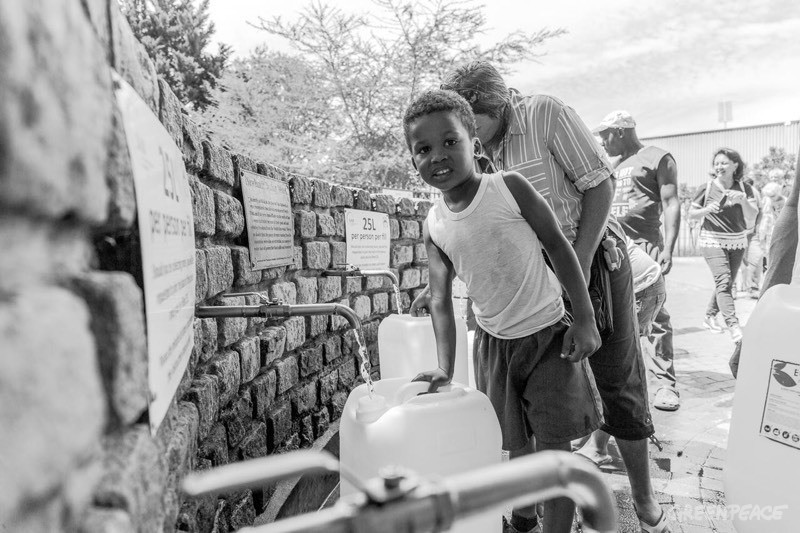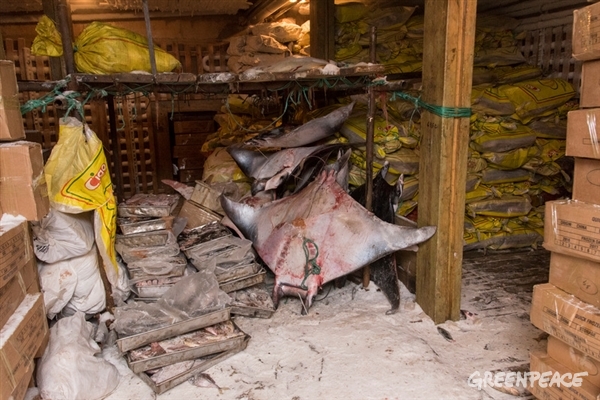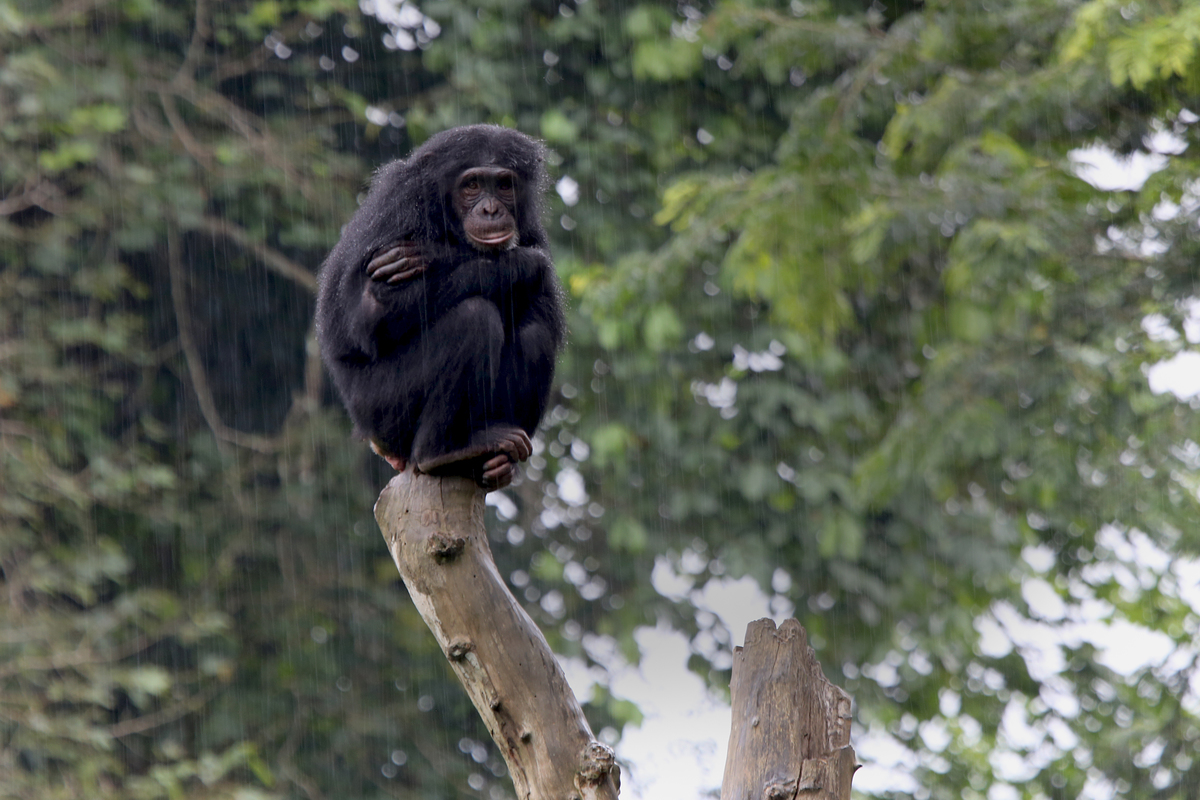All articles
-
Greenpeace Africa calls for the promotion of traditional farming to reduce dependence of food imports
In response to news that the government of Cameroon has lost over 9 000 billion FCFA from importing rice, corn, sugar and fish, Greenpeace Africa Forest Campaigner, Sylvie Djacbou, has…
-
Greenpeace Africa & Cameroonian Artists Launch Campaign Against Land Grabbing
Douala, 11 December 2018- Greenpeace Africa in partnership with Nsang Dilong, Freddy Kristel and Alene Menget today launched a campaign against land grabbing using videos and online petition in Cameroon.…
-
Environmental Stakeholders Interrogate Sudcam
Yaoundé, 22nd November 2018- The negative socioeconomic and environmental repercussions of Sudcam activities in the South of Cameroon has prompted stakeholders from government and civil society to undertake a field…
-
Sudcam: bleeding the forest and its dependent communities
I had the opportunity to do a field visit to communities impacted by Sud-Cameroun Hévéa (“Sudcam”), a rubber plantation company situated in the South region of Cameroon. Sudcam is a…
-
Health Crisis Rocks The Northern Regions of Cameroon
In response to news of over 40 deaths and more than 600 affected by cholera outbreak in the Far North regions of Cameroon, Greenpeace Africa Mobilization Officer, Andoh Rex has…
-
Greenpeace Africa tasks Cameroonian government to improve accountability in the agricultural sector
In response to news that over 18 billion frs CFA has been mismanaged from the Rice-Corn-Cassava programme, Greenpeace Africa forest Campaigner, Sylvie Djacbou has said: “It is distressful that over…
-
Greenpeace Africa expresses shock over Wijma activities in Cameroon
In response to news that controversial Dutch wood processing and trading company Wijma and her subsidiary CAFECO are ceasing timber operations in South West Region of Cameroon, Greenpeace Africa’s Forest Campaigner, Eric Ini said:
-
Greenpeace Africa Urges Halcyon Agri to Stop Destroying Livelihood & Biodiversity in Cameroon.
Yaoundé, 24 July 2018- Greenpeace Africa has today published a report explaining how Singaporean based Halycon Agri and her Cameroonian subsidiary- Sudcam operate a sordid rubber plantation business in Cameroon. The report ‘Halcyon Agri’s Ruinous Rubber’ exposed the threats of Sudcam’s operations to the ecosystem and local and indigenous communities in the south of Cameroon.
-
Greenpeace Africa responds to PIDMA-Cameroon importing 1000 tons of corn seeds
In response to news that Agriculture Investment and Market Development Project (known by its French acronym- PIDMA) officials are augmenting food supply in Cameroon by importing 1000 tons of hybrid corn seeds from South Africa, Greenpeace’s Forest Campaigner, Sylvie Djacbou said:
-
Greenpeace Africa and stakeholders discuss solutions to ailing forest management in Cameroon
Douala, 16 October 2017 - A High Carbon Stock (HCS) Approach to forest management has been at the center of discussions between Greenpeace Africa and environmental stakeholders in a working session held on Monday in Douala. The workshop, taking place on board Greenpeace ship, The Esperanza, sought to explore the importance of HCS in forest…

